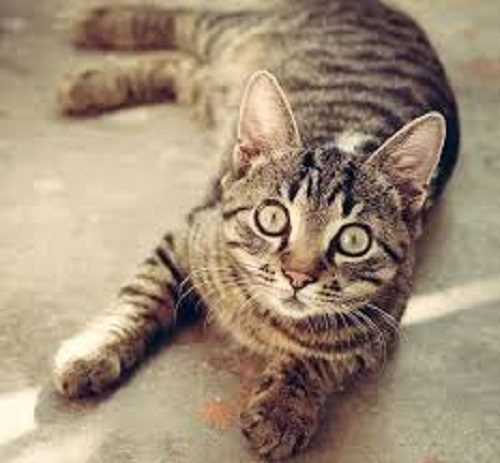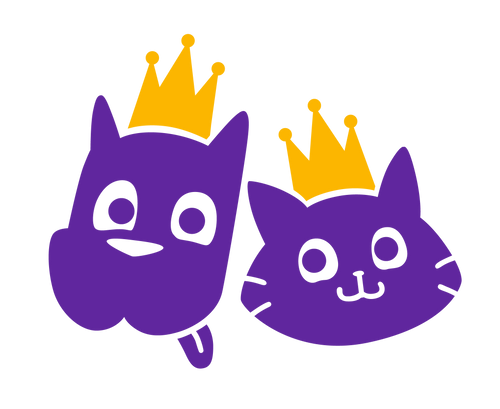
How to tell if your cat has anxiety
While it may seem hard to imagine, cats are sensitive and vulnerable animals, highly prone to anxiety problems. As humans, we associate anxiety with issues that don’t face cats, like paying the bills, or giving a presentation at work. It can be difficult for us to appreciate the anxiety and stress our cat may be suffering through. It is important for cat owners to be aware of cat anxiety, be able to recognise its symptoms, and know how to minimise it.
Signs of Cat Anxiety
Different cats show different signs of anxiety. Some possible signs and symptoms are as follows:
- Hiding regularly.
- Urinating or defecating outside of the litter box; including even in your bed or on your clothing as this can be a sign of separation anxiety from you.
- Changes in appetite or weight.
- Excessive vocalising.
- Aggression or new destructive behaviours like furniture scratching.
- Lethargy
- Depression
- Vomiting
- Trembling
- Restlessness
- Compulsively grooming themselves, sometimes to the point where they are virtually bald over a part of the body.
- Separation from owner, even for what you might consider short periods.
- An upset family member. Cats are very in tune with the emotions of family members – if you’re upset, your cat may become upset and anxious.
- Boredom or lack of exercise and play time.
- Moving to a new home or other significant changes in daily routine.
- Health or nutrition problems.
- The addition of a new family member or pet to the household.
- Fear of nearby loud noises/certain people/other cats.
- Make your home a more enriching environment for your cat so it can be occupied and fulfilled when you’re away. For example, cat scratchers, puzzle feeders and certain interactive cat toys will entertain your cat for hours at a time in your absence – especially those that trigger and satisfy your cat’s natural ‘prey hunting’ drive.
- Play with your cat every day. Any playtime spent with your cat is great for your cat’s emotional wellbeing but games that specifically allow your cat to engage his/her ‘prey drive’ and enjoy a successful capture are the ultimate joy and satisfaction.
- If you think your cat is suffering from separation anxiety, don’t make a big scene every time you leave. You may think it’s nice to say goodbye and give lots of goodbye cuddles but you’re actually making it much worse. Your goodbyes should be very casual. You should even practice coming and going several times a day (without actually leaving or only leaving for seconds/minutes at a time) to show your cat it’s not a big deal.
- Feliway sprays and diffusers release a special pheromone around your home which will help your cat feel calm and relaxed.

